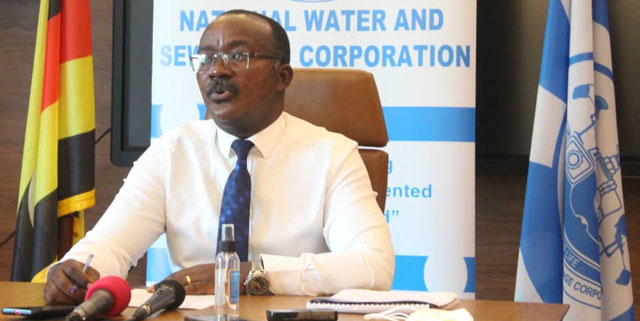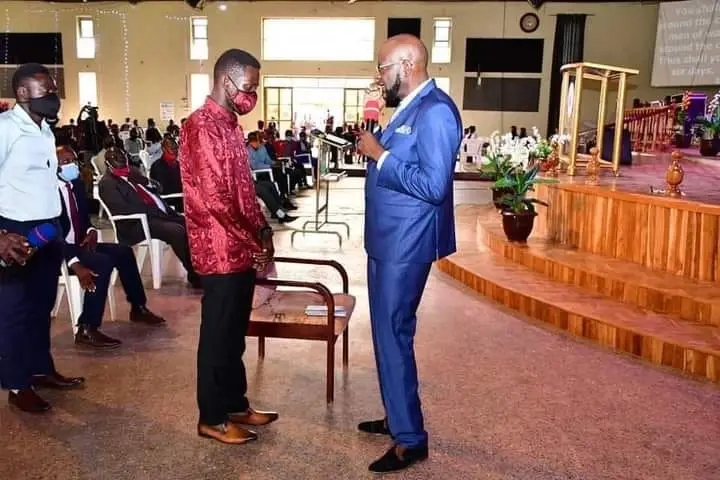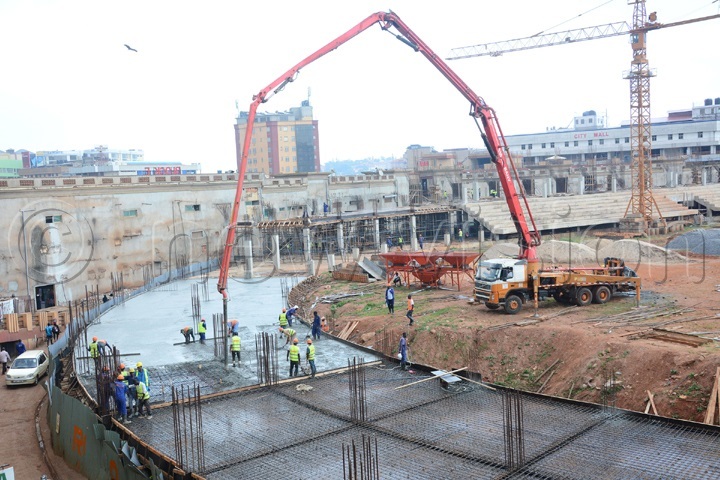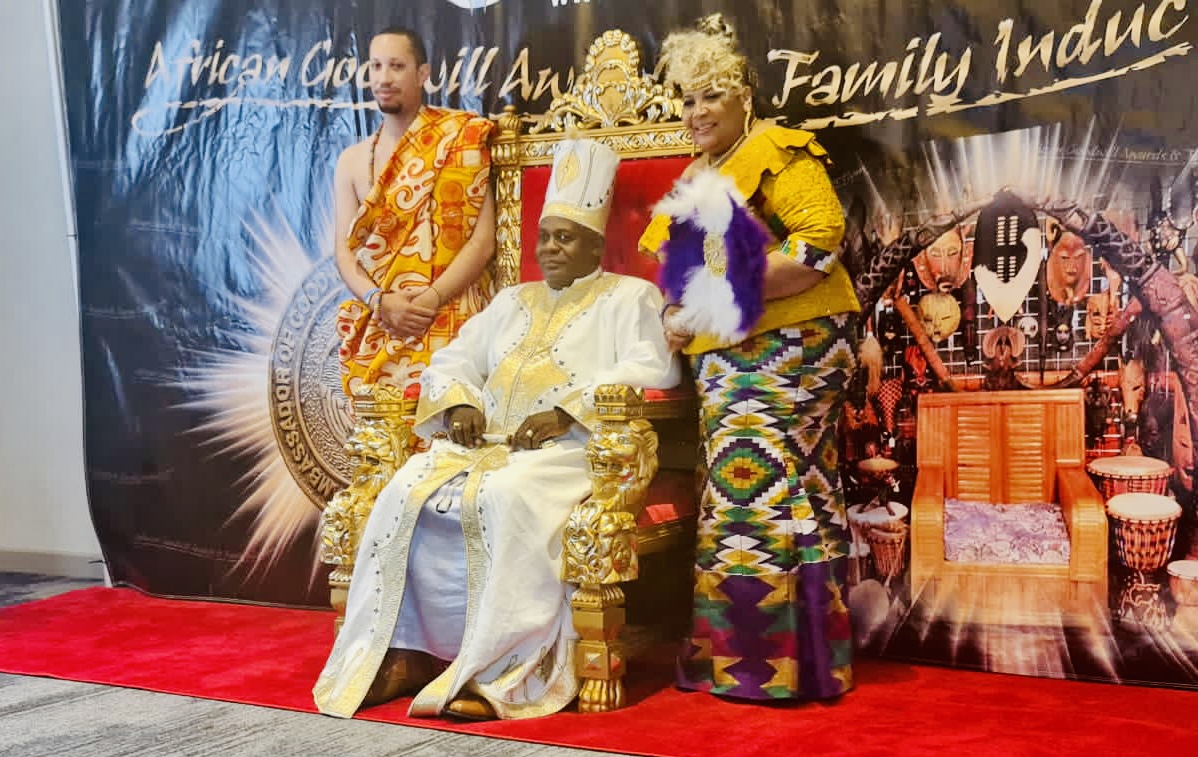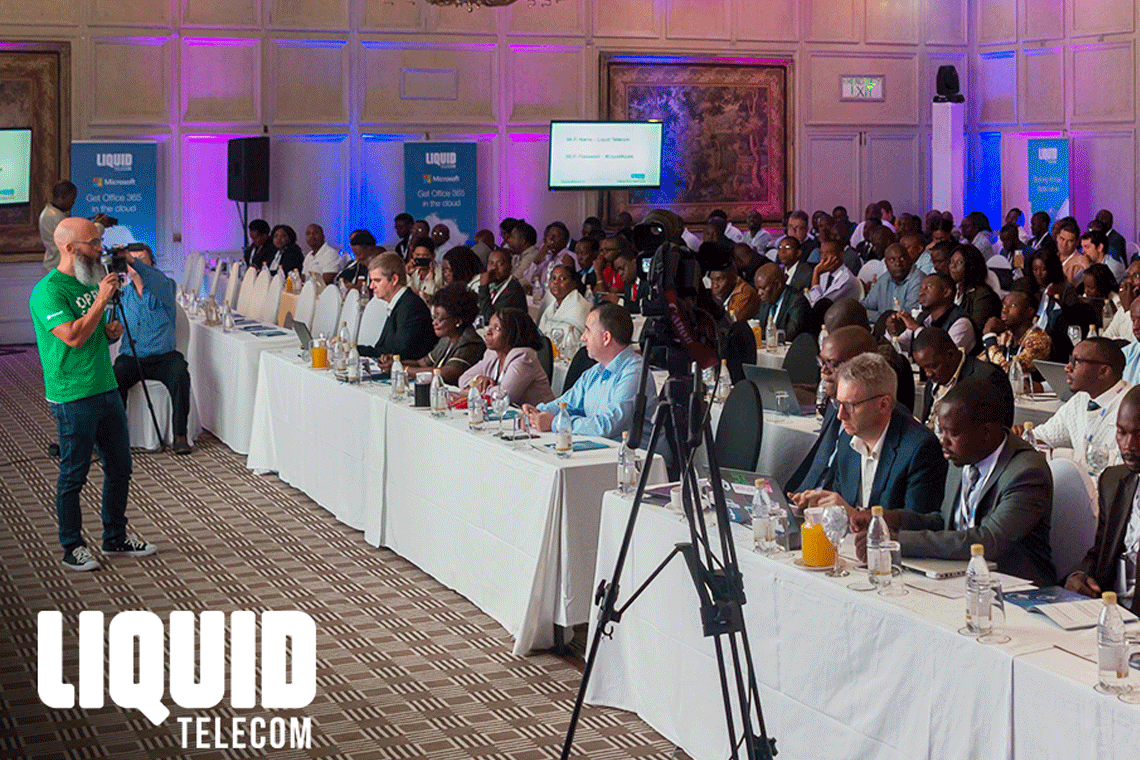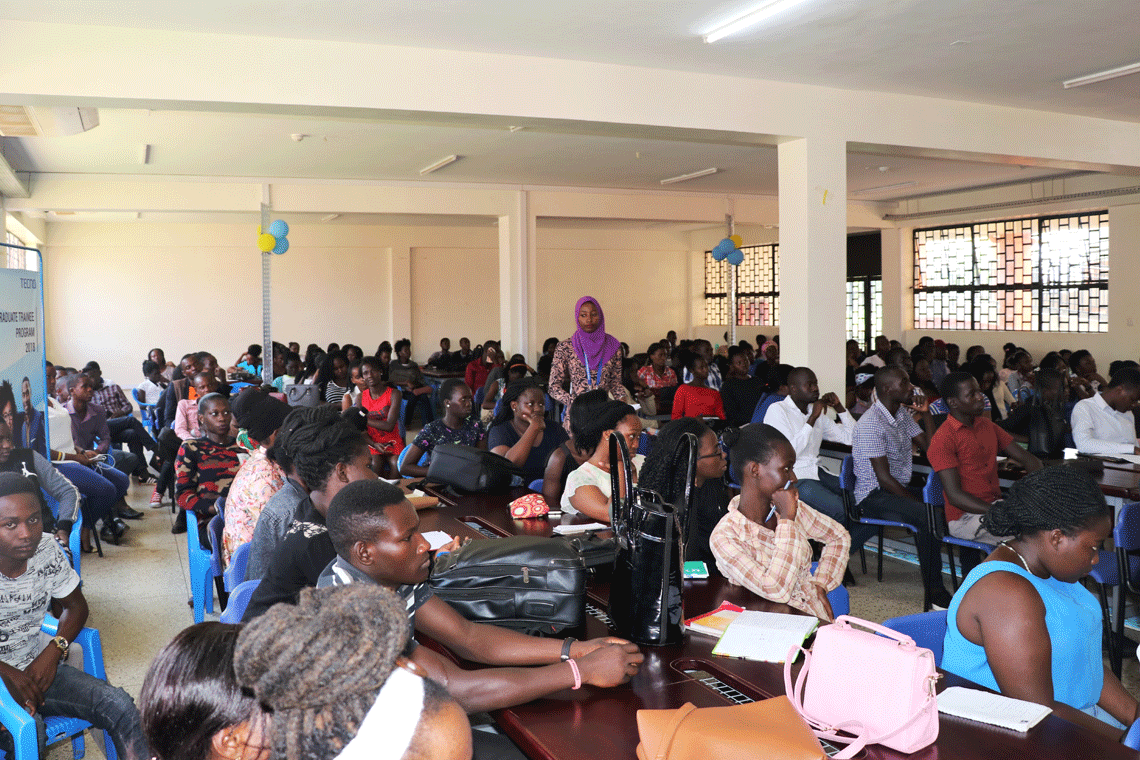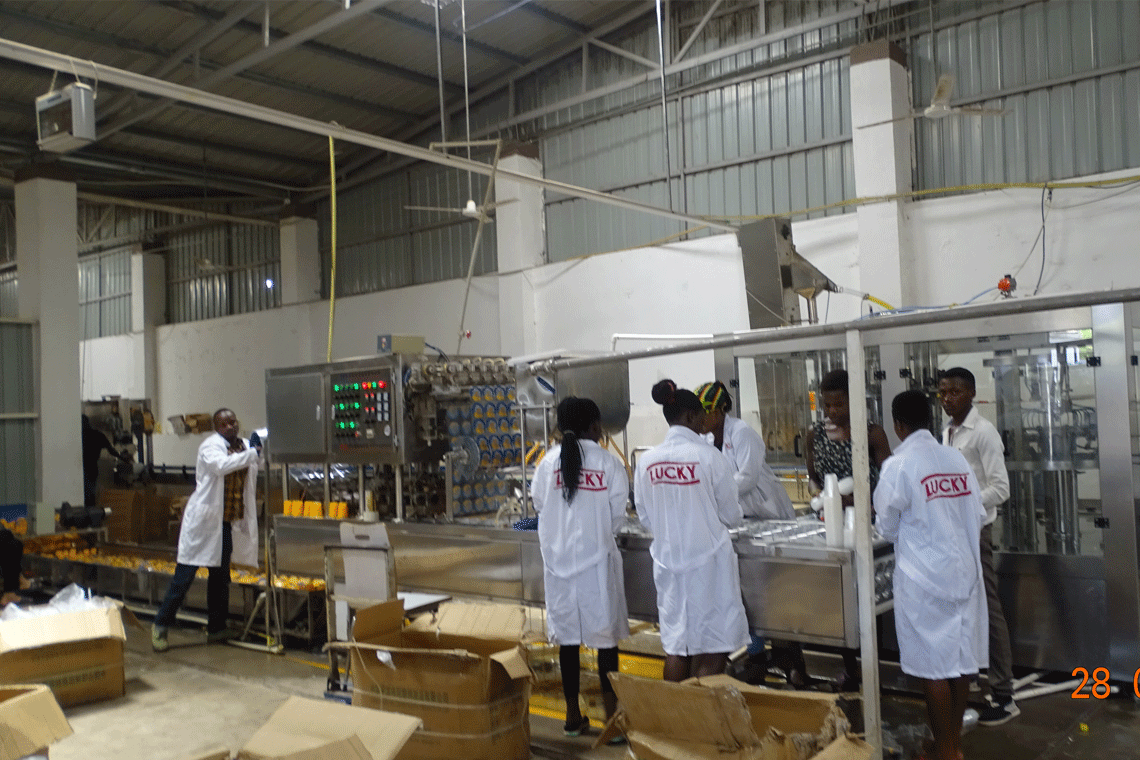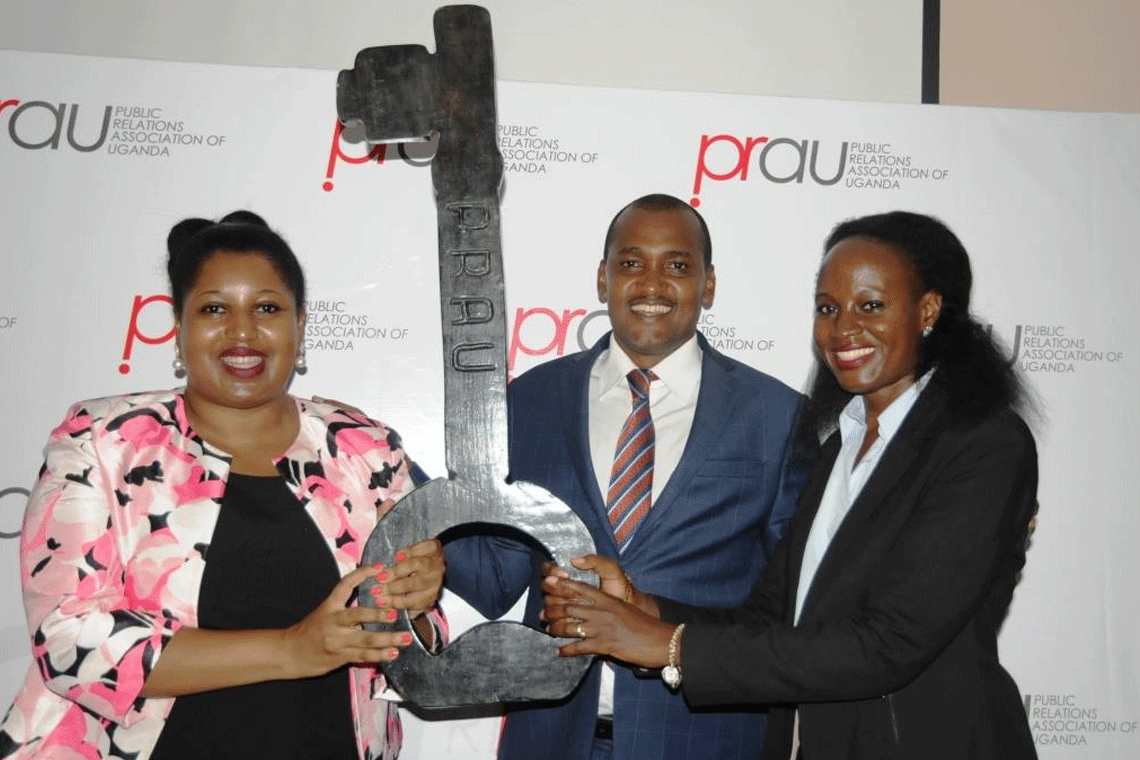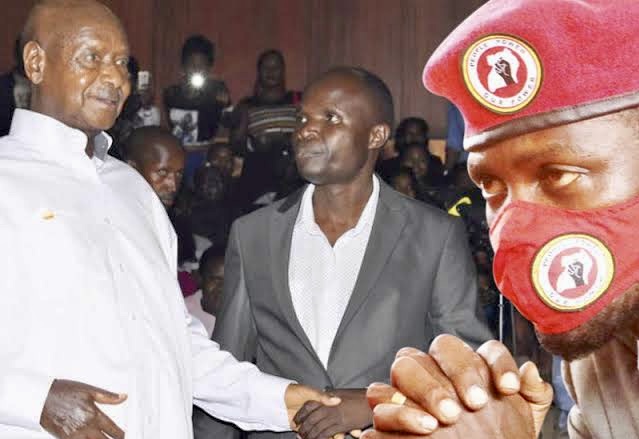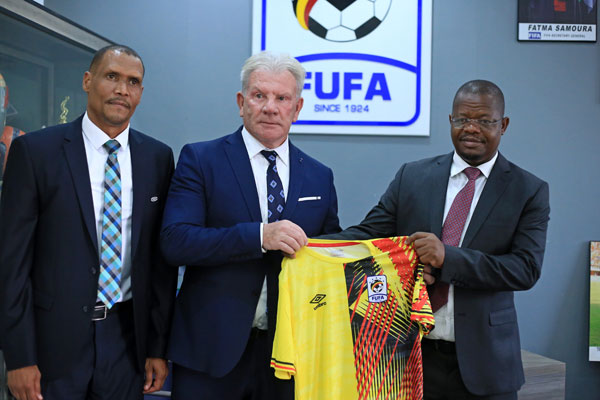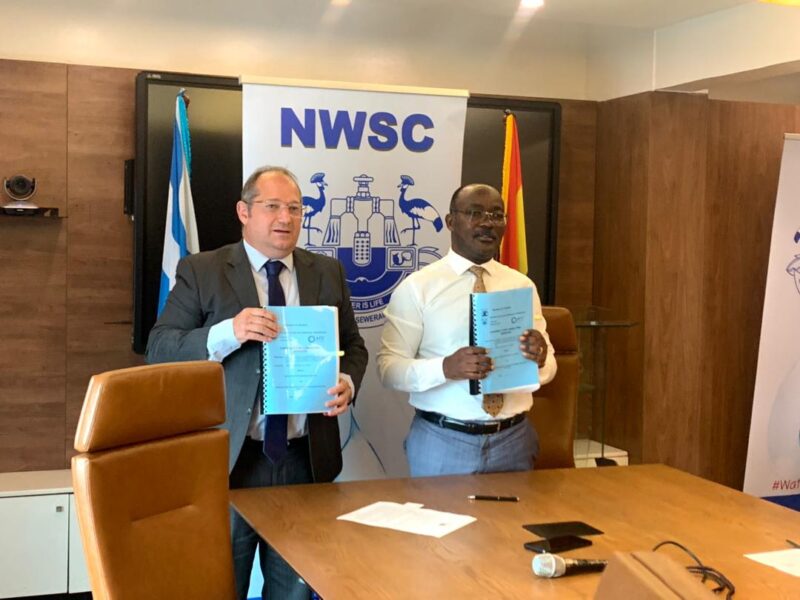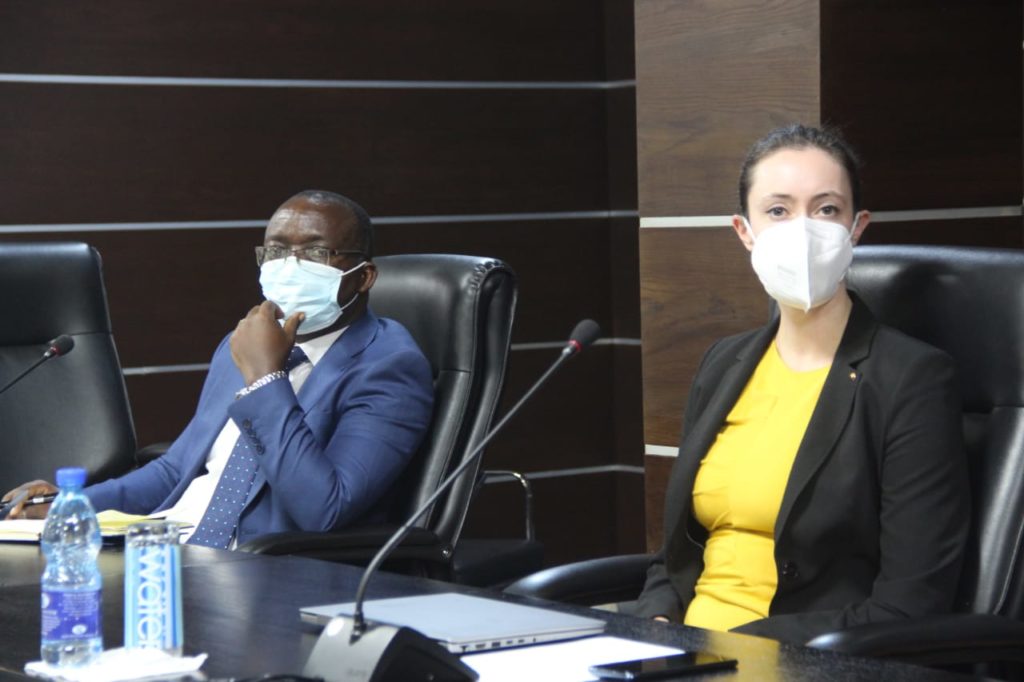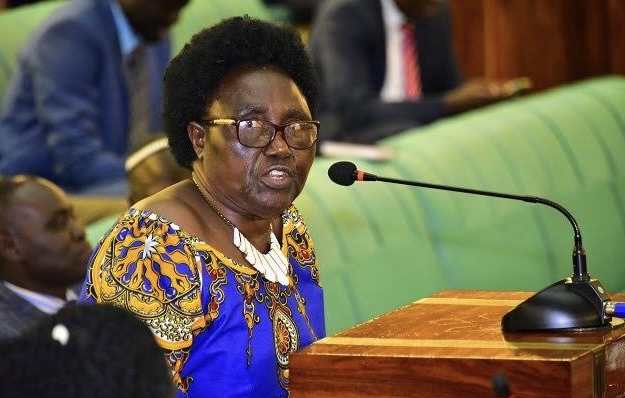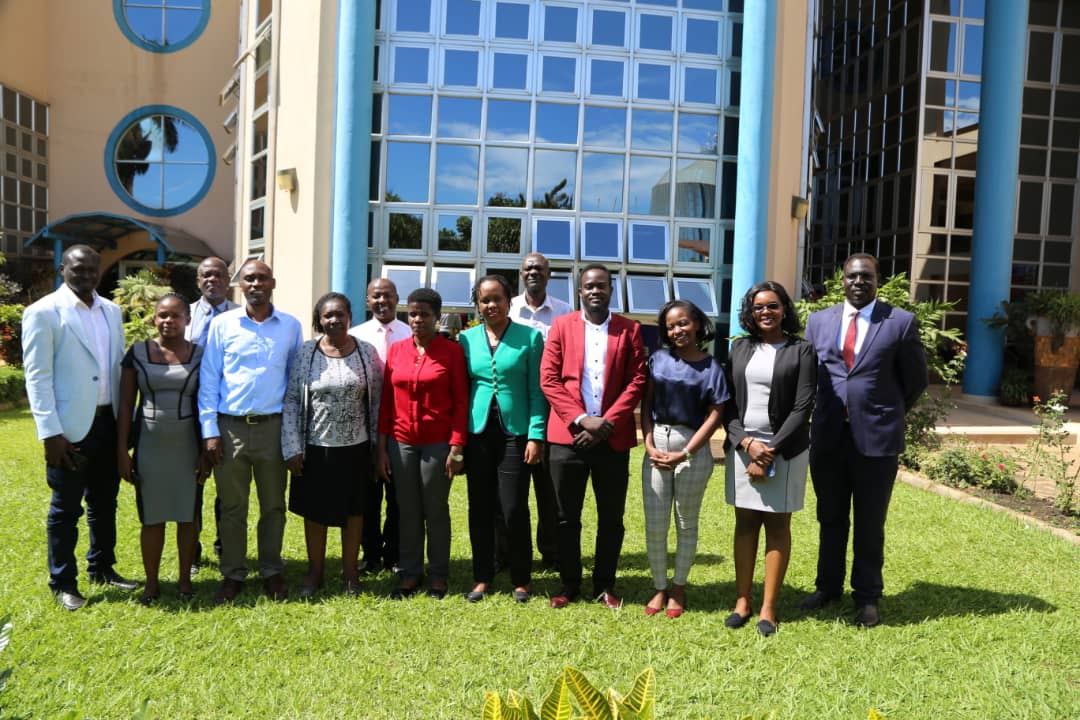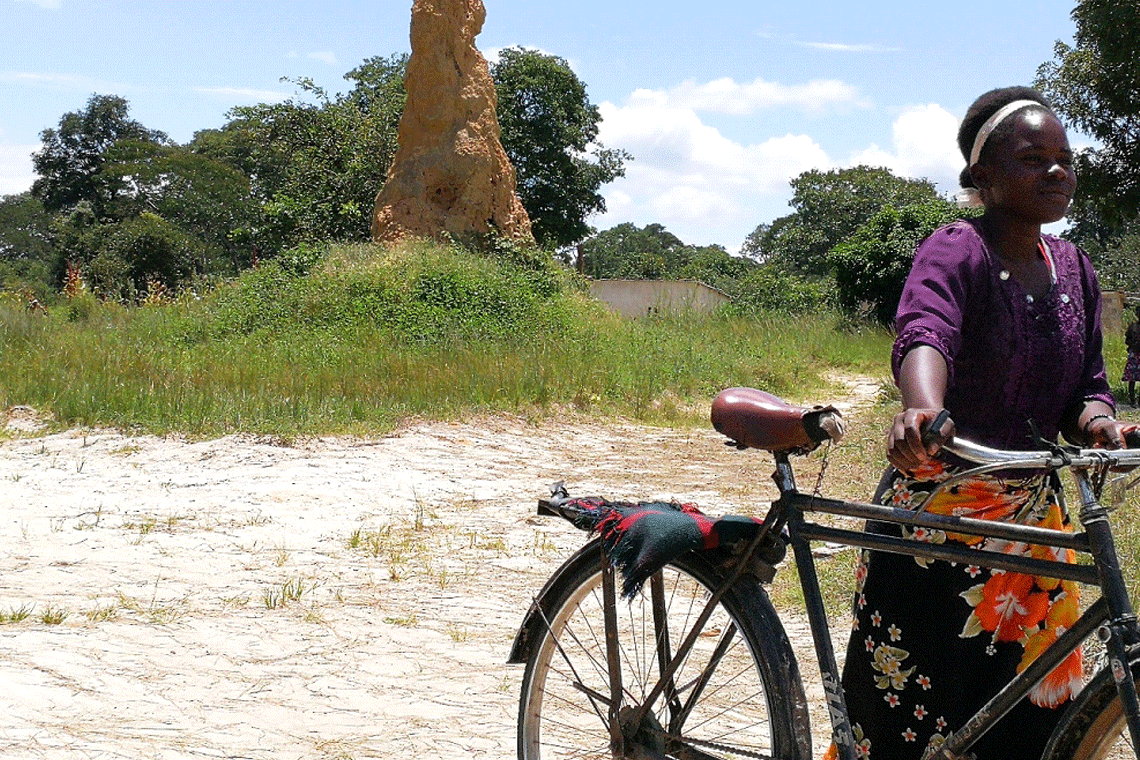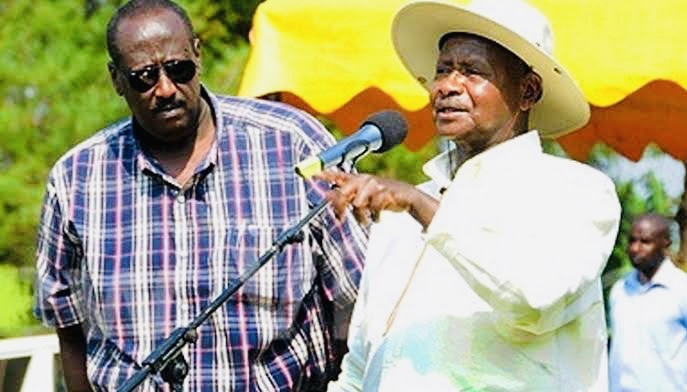The country is suffering from one of the worst economic recessions of our times. The drought we are experiencing is unprecedentedly one of the worst. The food and fuel prices have pushed the cost of living to unbearable levels.
Interestingly, President Museveni doesn’t seem to have the right answers to the current economic down-turn. Last week, the Coordinator of Operation Wealth Creation (OWEC),Gen. Salim Saleh revealed that he had instructed Lt. Gen Angina to compile all the economy-related ideas President Museveni has made since 1986 and codify them into an economic philosophy.
The objective was to compile President Museveni’s economic ideas and codify them into what they have now termed as ‘Musevenomics’. Gen Saleh actually instructed economic gurus including Professor Fred Muhumuza to make research and update him about the history and economic trends since the advent of the British in 1884.
Historic Perspective:
Looking back the last 36 years, Lt Gen Angina will realize that President Museveni has indeed espoused some interesting economic ideas that have not been subjected to review.One of the most popular economic ideas that he brought up in the first years of his rein the 1980s was batter trade.
At that time, the Ugandan President suggested that Uganda could trade beans in exchange with Cuban sugar. He was also trying to convince the Tanzanians to take Ugandan maize in exchange with some other items which Uganda couldn’t produce at the time. There are suggestions that President Museveni’s barter trade idea was sabotaged by western powers which intervened and reportedly donated free maize to Tanzania. Phew!
Therefore the very first chapter of Musevenomics suffered an instant miscarriage at inception. It has been over 30 years since he mentioned the word barter trade. I don’t think he is even willing to mention or discuss it again. But for us, we are reminding Gen Salim Saleh’s hired researchers to codified (barter trade) as one of the very first economic ideas in the Musevenomics philosophy.
The Structural Adjustment Program
After the abortion of barter trade, Museveni adopted the structural adjustment program in which privatization was central in re-organizing the economy. Of course, the program was imposed on the Ugandan President by the international economic bodies, the World Bank and International Monetary Fund (IMF) after the realization that Museveni had run out of ideas.
In the structural adjustment program, the economy had to be liberalized and reverted to a private sector led economy. That was the time when we started to witness the return of the Asians who regained their properties that former President, Idi Amin Daada had confiscated from them in 1972. That was the time when government withdrew from conducting business. For instance, public transport was completely overtaken by private actors. UTC was scraped as private individuals took over the transport sector.
It’s fair to suggest that the private transport has been as somewhat successful venture. But on the other hand the railway and airlines was sacrificed in the process of privatization. It was obvious that it was impossible to privatize the Uganda Railways and Ugandan Airlines. It has taken Museveni over thirty years to realize that government is the one mandated to run the railways, ferries and the airlines.
That explains why he is trying to revive the Uganda Airlines. Yet a shrewd economist should have first revived the Uganda Railways. Actually, what we needed was an addition to the old railway routes by building more lines around the country. The railway should have been crucial in subsidizing the high rising prices of goods.
In the end the Ugandan economy has suffered from vagaries like fuel shortages because the cheapest means of transport, the railways was shutdown. On the other hand, it’s fair to say that reviving Uganda airlines simply for prestige was a no-brainer. Many Ugandans pressurized the President to revive Uganda airlines simply for the sake of seeing planes with the word UGANDA in the skies.
And it’s a pity that President Museveni never internalized the real value of having the airlines before getting the railways. He should have first interrogated what value the plane was bringing to the economy. He should have prioritized the railways because they deal with local trader/farmer more than the airlines which is only used mostly by intellectuals who produce nothing but commentary about the economy.
Wrong Atmosphere
One of the critical aspects about privatization is that government adopted mass privatization but failed to create conducive environment for it to thrive. For instance, the tax regime is harsh, the power outages are unreliable, the power tariffs are high and the necessary trade environment is unpredictable, coupled with poor infrastructure.
Although there are deliberate efforts to tarmac the roads, most of them are very narrow –which makes them vulnerable to accidents. Then you cannot talk about Museveni’s privatization project without mentioning the way he closed Uganda Commercial Bank (UCB) which had branches all-over the country. Why close the people’s bank? It was this bank which was supposed to be a spring board financial institution that should have provided loans with low interest rates to the local Ugandan farmer/trader.
Up to now, I don’t think that President Museveni is proud about the way UCB was closed.There are those who claim that he was misled by the Mutebiles and Ezra Surumas of the time. But he was supposed to have his own opinion about maintaining the bank for the sake of socially transforming the local farmer/trader. Now as we speak, we hear that he is fidgeting to revive the UCB – or something like that.
The Entandikwa Scheme:
In 1996 President Museveni invented the Entandikwa (Start-up) scheme to fight poverty. In this Musevenomics scheme, he was targeting poor homesteads for financial facilitation. What happened to Entandikwa was a disaster as most people who picked the money never returned it as they regarded it a political token for voting Museveni in the 1996 elections.
After that, he came up with the Plan for the Modernization of Agriculture (PMA) which suffered a stillbirth when monies meant for digging water dams in Karamoja were embezzled by government officials. If those dams had been constructed to the desired levels, we shouldn’t have experienced a drought as tough as it is today. Along the way, we have heard of the Emyooga, which is another of those schemes meant to provide credit facilities to the poor.
Soon-after, even before the Emyooga was audited to find out how it performed, they introduced Parish Development Model. Gosh! But one initiative that has seemingly worked has been the Operation Wealth Creation. It has, somehow worked because it has not been inhabited or subjected to the bureaucracy that has hindered the other programs.
In Operation Wealth Creation, the government gives seedlings of coffee, cassava, chicks, goats, cows etc to the farmers. This has a more practical significance to the people. But when you look at the Parish Development Model, you will find all sorts of bureaucratic corners. For instance (under PDM) they plan to spend UGX5Bn on mindset change alone! Oh dear!
The way forward
What we term as Musevenomics has been a case of staggering from one idea to another without concrete achievements. Yet what the country needed was to facilitate the previously existing cooperatives. These cooperatives cater for everything you find in all the initiatives engineered by President Museveni. For instance under PDM, there are seven pillars which include production, storage etc. but the cooperatives were catering for all these including even transportation and marketing of products. So, forget about the Musevenomics. We simply need to revive Cooperatives, revive Uganda Railways and the Uganda Commercial Bank to facilitate the social transformation agenda.
Author Profile
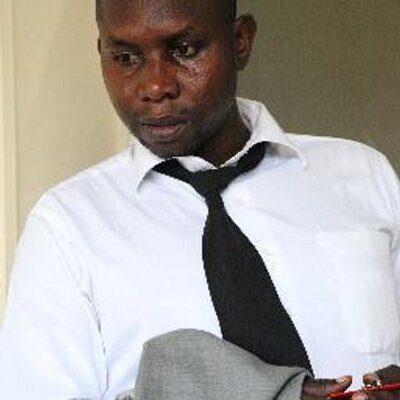
- Fred Daka Kamwada is a seasoned journalist, blogger and political analyst for over a decade in Uganda
Latest entries
 BusinessJanuary 20, 2023Economic Crumps: Pres Museveni Should Institute a Salaries, Wages Commission to Reduce the Awful Public Expenditure
BusinessJanuary 20, 2023Economic Crumps: Pres Museveni Should Institute a Salaries, Wages Commission to Reduce the Awful Public Expenditure BusinessJanuary 9, 2023Tougher Times Ahead as China is Most Likely to Attack Taiwan and Send the 2023 Global Economy into a Terrible Spin
BusinessJanuary 9, 2023Tougher Times Ahead as China is Most Likely to Attack Taiwan and Send the 2023 Global Economy into a Terrible Spin FeaturedJanuary 5, 2023Tell Not the Lies: Juggling into The Two Embarrassing Falsehoods President Yoweri Museveni Told the Nation Last Year
FeaturedJanuary 5, 2023Tell Not the Lies: Juggling into The Two Embarrassing Falsehoods President Yoweri Museveni Told the Nation Last Year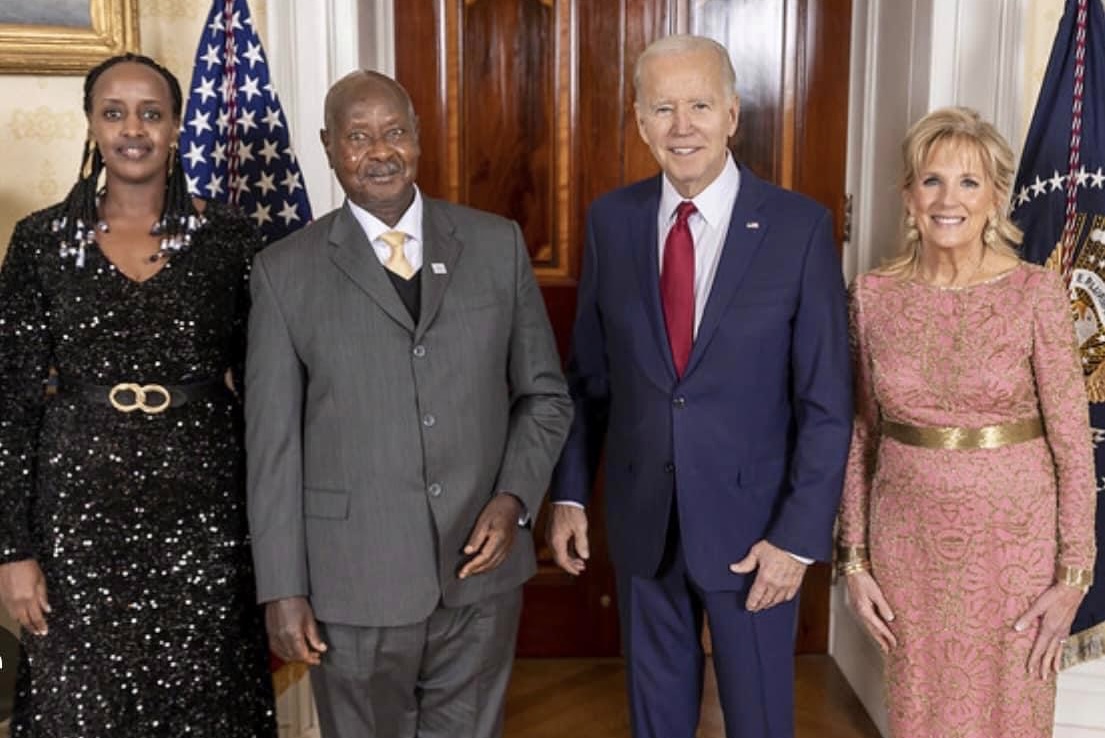 FeaturedDecember 26, 2022US-Africa Summit: Reasons Why President Museveni’s Agitation for ITTS With America Is Shallow, Unrealistic and Untenable
FeaturedDecember 26, 2022US-Africa Summit: Reasons Why President Museveni’s Agitation for ITTS With America Is Shallow, Unrealistic and Untenable



